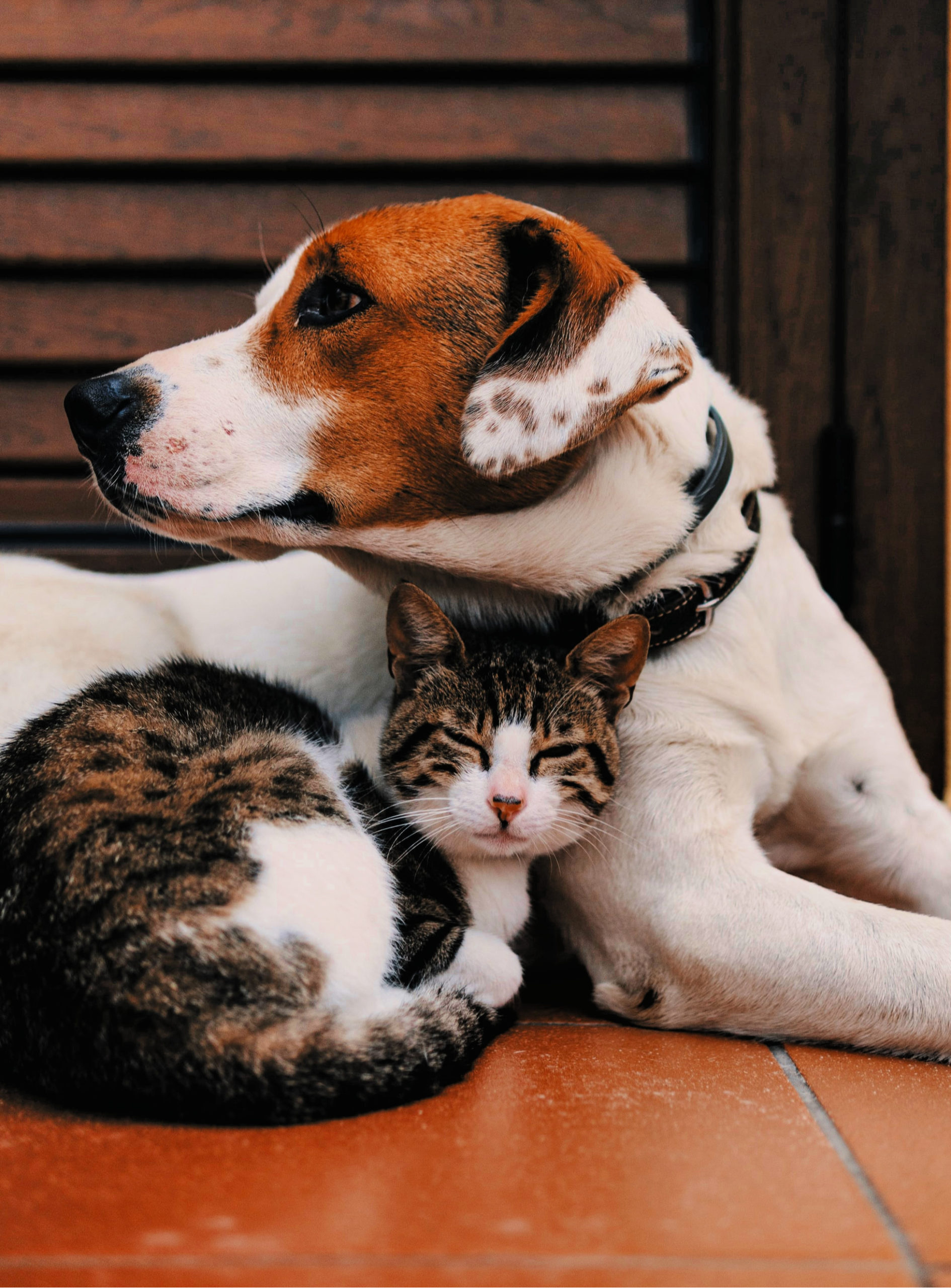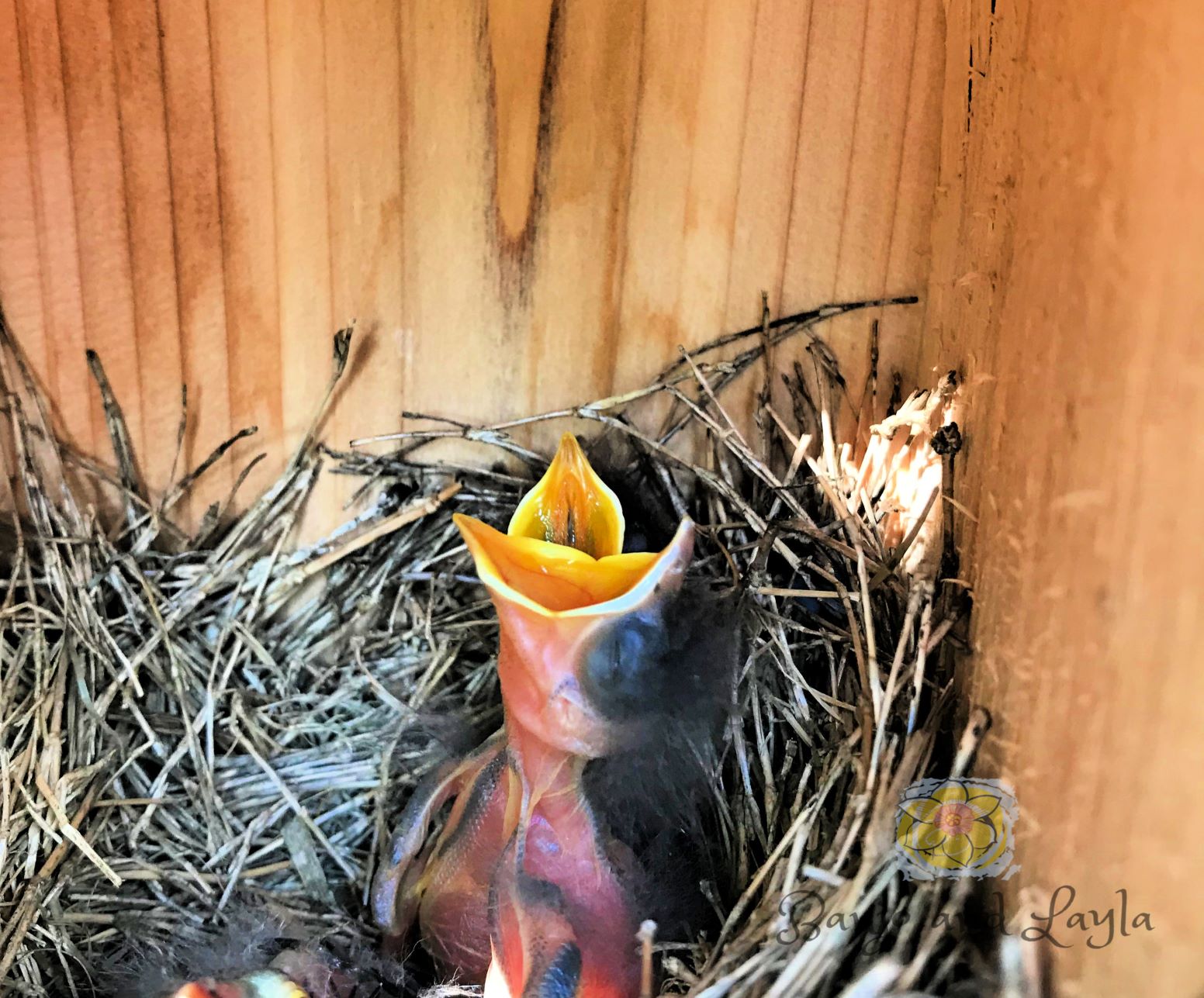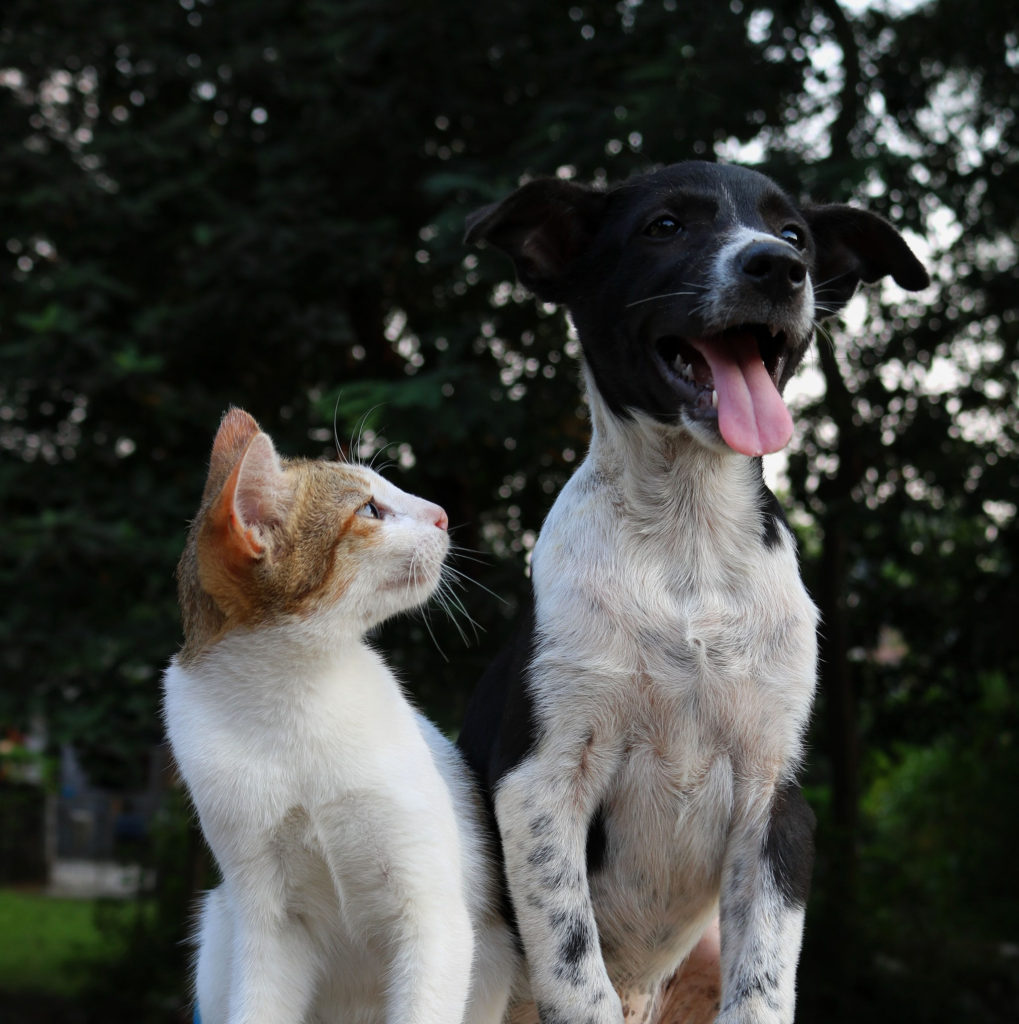
Are you a cat person or a dog person? I’m allergic to cats and absolutely love dogs, so that’s a no-brainer for me. Dogs and cats are very different. When you feed a dog they think, “You must be God!” But when you feed a cat they think, “I must be God!” Did you know that being a cat or dog person may actually reveal some interesting things about you, as recent Nuwber data and a university survey reveals.
Nuwber uncovered some interesting findings:
- Dog people tend to make more money
- Cat people have better credit scores
- Dog owners prefer warmer climates and spend more time outdoors
- Love to travel correlates with cat ownership
The saying “A dog is a man’s best friend” or in my case a women’s best friend might be true. The answer to whether you are a dog person or a cat person may also say a lot about your personality. According to WebMd, a survey done by the University of Texas at Austin found that some popular ideas about pet lovers may be true after all. In fact, you may end up being a lot more like your furry friend than you ever realized.
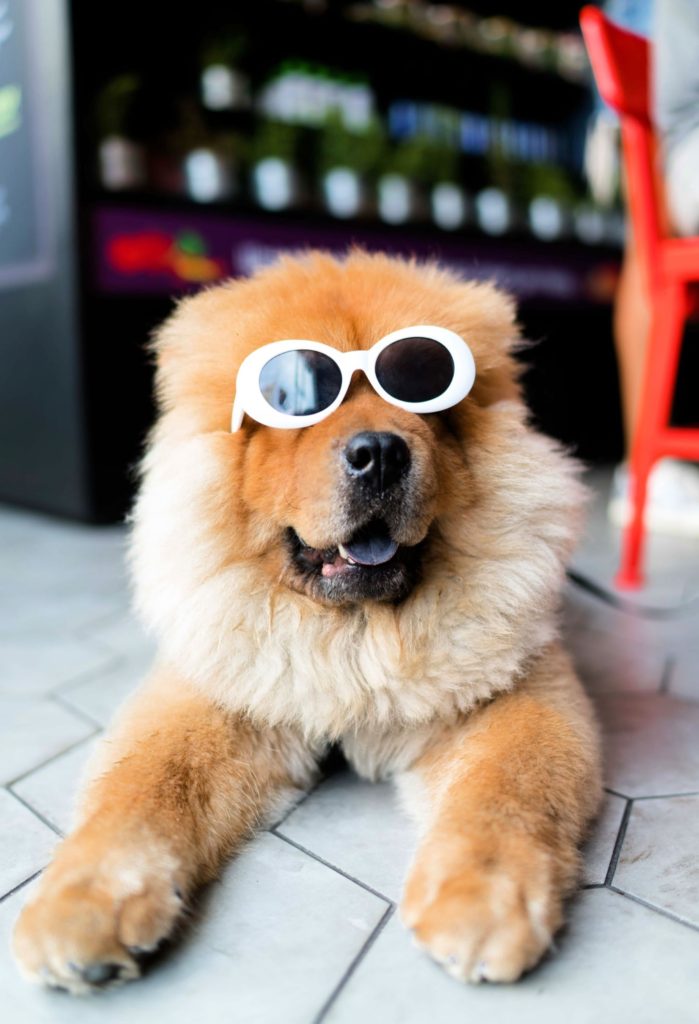
Here are some interesting findings from this survey:
- Dog people were 11% more conscientious than cat people. This means they are generally more self-disciplined, strong sense of duty, and tend to be “planners.”
- Dog people were 15% more extroverted than cat people. They are outgoing, enthusiastic, and positive. They seize the day! Is that you?
- Are you open to trying new things? Cat people were 11% more likely to be open, according to the survey. Open people tend to be the creative artistic types. They are curious and are typically nontraditional thinkers.
- According to this survey, if you’re a dog person, you’re 13% more likely to be agreeable than a cat person. Agreeable people are most likely kind, altruistic, trusting, affectionate, and sociable.
- If you’re a cat person and you get stressed out easily you’re not alone. In this survey cat people were 12% more neurotic than dog people. Neurotic people are easily stressed, anxious, and just general worriers.
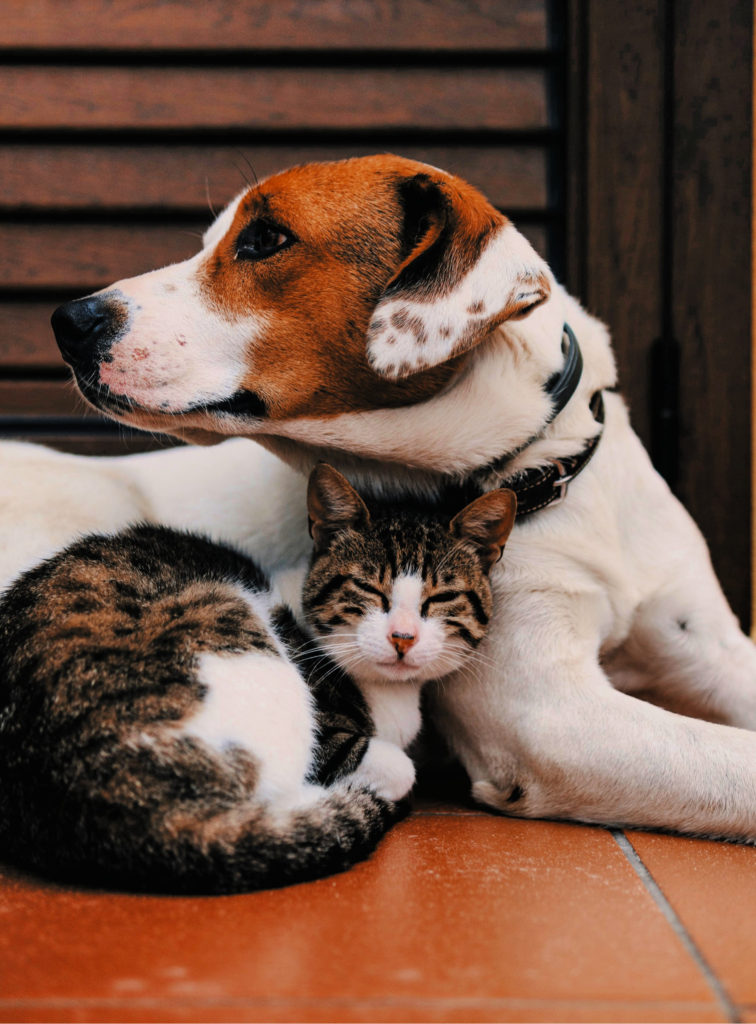
Last year a General Social Survey cited in this Washington Post article that dog owners are in fact happier than cat owners. You cat people probably disagree, but hey I’m just the messenger. Similar to the U.T. Austin survey, The General Social Survey research based its conclusions on how people reported their feelings. Nuwber decided to leverage their data to see if there are any metrics that support, or disprove, these strong claims.
What other differences are there between cat and dog owners? What other factors could make one group happier than the other? Nuwber wanted to know if feeling happier has to do with financial well-being or something else. Or, they wondered, “Maybe, it is the choice of your pet that somehow influences your lifestyle and makes you and your pet resemble each other in character after a certain period of time.” Why are dog owners usually more friendly and open, qualities generally associated with being positive and happy?
Some of the data Nuwber uncovered may answer these questions:
DEMOGRAPHICS
Certain demographic characteristics may be tied to cat owners vs. dog owners, including the state in which you live, your occupation and your income.
STATE
According to Nuwber’s data, there are generally more dog owners in warmer, sunnier states, while cat owners are more likely to live in the northern, cooler states. The purple on their map represents states where percentage of cat owners is higher than percentage of dog owners, while turquoise represents states with a higher percentage of dog owners:

Nuwber decided to go deeper into how significant the difference of cat people vs. dog people is in each state. In this map, with purple still representing more cat than dog owners, and turquoise more dog than cat owners, darker colors indicate a more significant difference in the percentage of cat owners vs. dog owners.
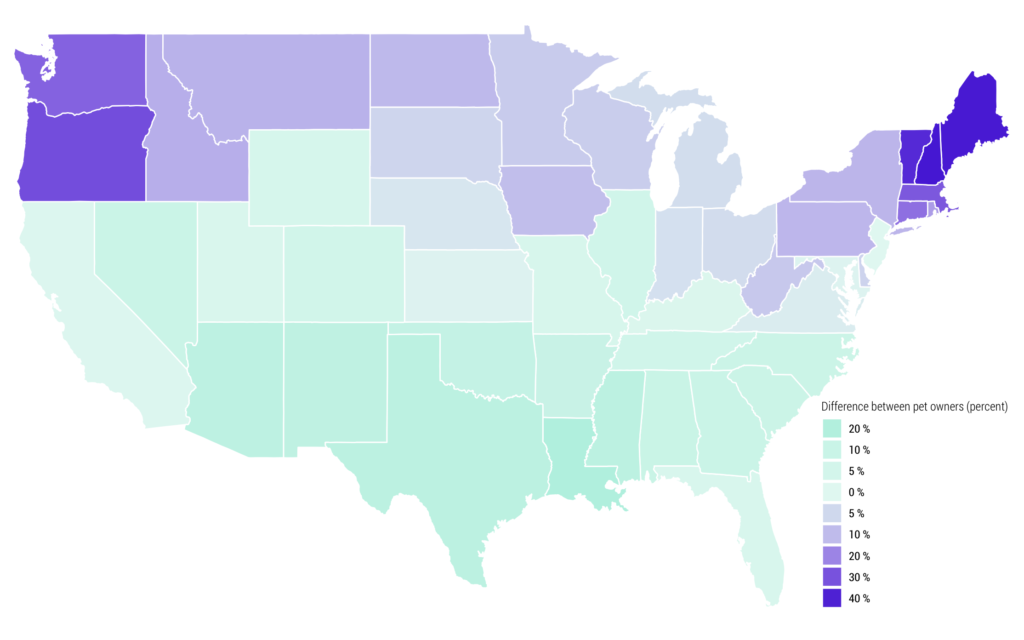
This makes sense to me as a dog owner. Dogs love to be outside where they can run around, smell things, and get exercise. They do not like to do this in the freezing cold weather, so warmer states for dog owners makes sense. I live in Tennessee, and I have two dogs.

Texas, where the previously mentioned university survey was conducted, is a good example. According to the table above there is a significant difference in probability between cat owners and dog owners.
Washington, on the other hand, has a rainy cool climate. It is more likely a state where cat owners would live, since most cats prefer to stay inside.
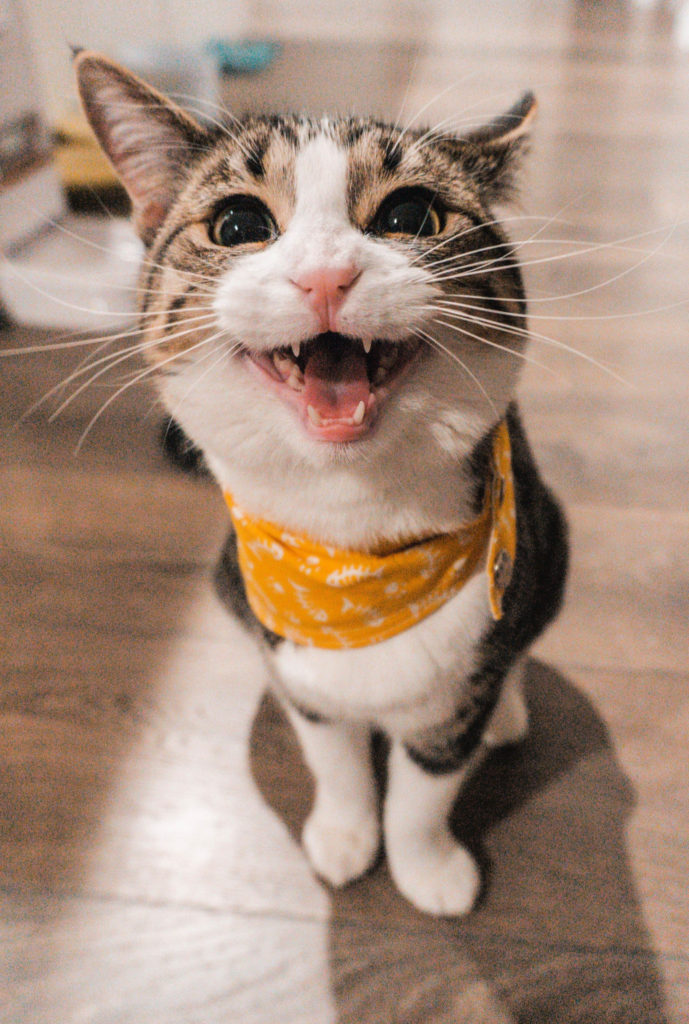
OCCUPATION
According to the data from Nuwber, your pet choice may also be determined by your job. Their data shows that cat owners are more likely to be medical professionals (a difference of 0.66%). I guess this makes sense. Since cats require less care than dogs do, they might be a better pet for people working in the medical field who work odd hours and may be gone for longer periods of time.
Nuwber found that cats’ home-body nature makes them a good fit for retired individuals as well (7.61% difference). Usually retired people are older, and they may not be as physically capable of handling a high-energy pet like a dog. Dogs are a little more high maintenance. Retired people also typically spend more time at home. Those in the category of “homemaking” are also more likely to own a cat.

Nuwber’s data shows that dog owners are more likely to work in a professional/technical (1.31% difference) or white collar (2.52% difference) field. Also, according to their data, dog owners are more likely to hold financial positions. This is compared to other careers, like farming and education, both of which have a higher probability of cat ownership. Who knew?
If you are interested in learning more about the differences in occupation probability between cat and dog owners check out Nuwber’s website.
INCOME
Taking care of a dog is typically more expensive than caring for a cat, but dog owners also tend to have higher incomes. Nuwber sites a survey from Mars Petcare which found that dog owners have a $47,000 higher income on average. It looks like the Nuwber data supports the results of this survey. Their stats show that there is a tendency for dog owners to earn more than cat owners: those in the income bracket of around $100,000 have a higher probability of owning a dog versus a cat.

According to Nuwber for instance, average dog owners with jobs in the financial field earn anywhere between $75,000 and $120,000, per data from the U.S. Bureau of Labor Statistics. This is opposed to careers in farming (yearly salaries between $25,000 and $51,000 with the exception of administrative and leadership positions) or education (salaries between $34,000 and $64,000, same exceptions apply), both of which have a higher probability of cat ownership.
The graph below shows Nuwber data on the differences in income probability between cat and dog owners:

As I mentioned earlier dogs are generally higher maintenance pets and tend to cost more. Just ask my husband about the sticker shock he often gets since we got Layla. People spend a lot of money on their pets!
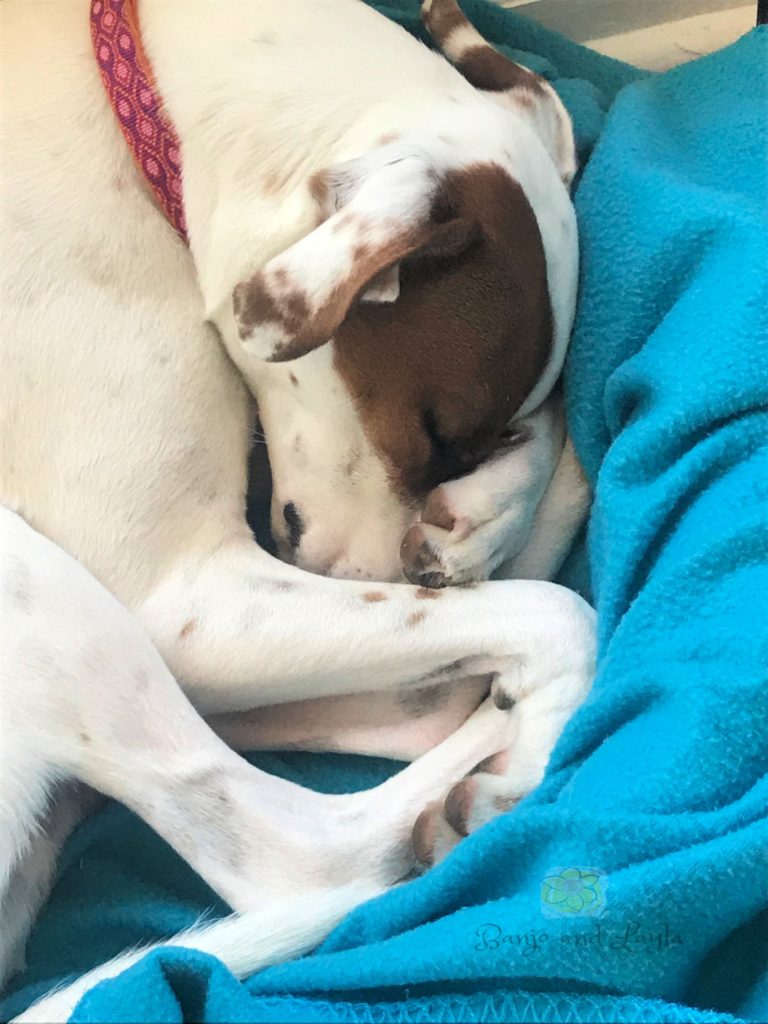
Often times not only do the jobs associated with dog owners have higher salaries, but they also allow more flexibility, with work-from-home and paid-time-off options. That flexibility means dog owners can spend more time with their dogs to play with them, take them on walks, and do other “dog maintenance” tasks. As mentioned earlier, cats don’t require as much attention or money and can be home on their own for longer stretches of time assuming they are left with sufficient food and a litter box.
Credit Ratings
One surprising finding is that while dog owners have higher incomes, Nuwber data reveals that cat owners have higher credit ratings:

This chart shows that those with credit scores between 650 and 800+ are more likely to be cat owners, while scores of 649 down to under 499 are more likely to be dog owners. So while dog owners may earn more annually, they may not be saving their money or spending it as responsibly. Or maybe they are spending it all on their dogs!
HOBBIES
Whether you prefer dogs or cats may not just reveal something about your personality but may also indicate what you enjoy doing. The same Mars Petcare survey shows that while dog owners tend to be more interested in sports and the outdoors, cat owners enjoy more quiet creative activities.
Below is a breakdown from Nuwber of how cat and dog owners like to spend their time:
Cat owners are more likely to have an interest in home decorating (0.46% difference) and cooking (1.13% difference), activities that take some creativity and are done inside the home.

While cat owners enjoy indoor activities, Nuwber’s data shows that dog owners lean toward outdoor activities and sports like golf (1.88% difference). People with dogs tend to be more athletic and spend more time outside walking, running and playing with their pups. Have you ever heard of anyone going running with their cat?

On the other hand, data aggregated through Nuwber reveals that cat owners have a higher probability of indicating travel as a hobby or interest. When you think about it, it makes sense. Cats can be left home alone for longer periods of time, with a friend or neighbor checking on them every so often to make sure they have enough food and water.
Dogs, however, require more attention and care, with most dog owners leaving them at a friend or family member’s home when out of town, or boarding them. We pay a college student to stay at our house when we travel and take care of our dogs. Most dog owners I know still love to travel, but they just have to plan carefully. And many even travel with their pets! I am a dog person, and I love to travel so much that I have a travel blog!
According to Nuwber, cat owners are slightly more likely to enjoy reading; however, owning either a cat or dog has a strong correlation to reading, with probabilities of over 90 percent. One of our dogs actually watches TV and runs outside when a dog is on a commercial. I guess she is looking for the dog she saw in the “box.” But who doesn’t also love to read snuggled up on the couch with their fur baby?

WHAT DOES THIS ALL MEAN?
To sum it all up, the data from Nuwber and the other surveys indicate that there are some objective reasons dog owners might have a subjective feeling of being happier. After all, dog lovers live in warmer climates, thus spending more time outside, have higher paying jobs and make more money, all of which could contribute to happiness.
I don’t know whether or not this means that cat people aren’t happy people. But I do know that our two dogs, Banjo and Layla, bring us much joy. I am sure that whether you are a “cat person” or a “dog person,” your pets are a valued member of the family and brings lots of love.
Which one are you? Do you agree with these findings? Leave your comment below.

